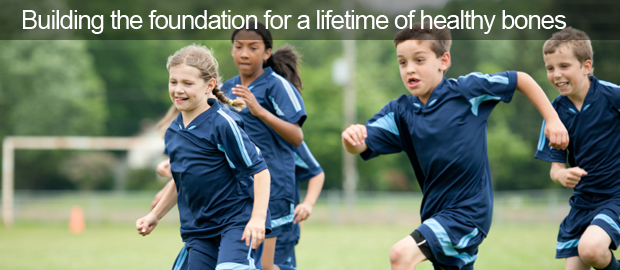
Planning
If you’re planning to start trying to have a baby, you should take a few simple steps to optimize your own bone health. Of course, all these measures are good for your general health, too.
Stop drinking alcohol
You will have to stop once you are pregnant. As you know, there is a delay between conception and your positive pregnancy test. So be prudent and stop any alcoholic beverages now.
Stop smoking
That advice should be a no-brainer.
Eat a balanced diet
Go through your cabinets and clean out the junk food and processed foods. Focus on quality protein, vegetables, and fruits.
Exercise regularly
If you are not already doing so, find the time to add at least 30 minutes a day along with just spending more time on your feet. Keep moving!
Consume calcium
A total of 1000 milligrams of calcium a day is your recommended daily intake. If your food does not provide this amount, make up the difference with supplements to total 1000 milligrams each day.
Check your vitamin D
Ensure you are vitamin D replete. Your recommended daily amount of vitamin D is 600 International Units (IUs). However the time of year, where you live, casual sun exposure, and other factors, may increase the amount of vitamin D you need. The best indicator of your vitamin D status is to measure it. Talk with your doctor about checking your vitamin D level – it’s a blood test.
These steps are important not only for you but also your partner. For instance, vitamin D increases the quality and movement of sperm. These measures may increase your chances of getting pregnant!
Also consider prenatal vitamins
Cover all your bases with starting prenatal vitamins. Ask your doctor what supplements are recommended. Be sure and read the labels carefully. Most prenatals include some vitamin D and calcium. Take those amounts into account when adding up your total daily vitamin D and calcium intakes.
Have fun and relax. Good luck!
Pregnancy
What’s Happening – Growth and Development
Bone growth is a complex and well-synchronized pattern regulated by a variety of hormones and local mediators. This process progresses throughout pregnancy.
First Trimester
By approximately 5 to 7 weeks most of the skeletal elements, muscles, tendons, and ligaments are formed. All major structures of the spine are clearly distinguishable by the end of this period of growth.
Second Trimester
During these weeks as the arms and legs elongate, the limb bones assume their future shape and proportion.
Third Trimester
Your baby’s bones continue to grow rapidly. During this time period bones harden with the exception of the skull, which remains soft and flexible for delivery. Therefore, your baby’s calcium demands are highest during the third trimester. About 250 to 300 milligrams of calcium are transferred to your baby each day.
Bone Health Tips for Your Pregnancy
Studies in mothers and their children show body composition and lifestyle of mothers during pregnancy are related to the bone mass of their children not only at birth but also later in childhood. What you do during pregnancy induces lasting changes through a phenomenon known as developmental programming. Make a healthy start for your child’s bones by paying attention to a few simple bone healthy measures:
1. Calcium
- Each day you need 1000 milligrams of calcium.
- Try to get the calcium through your food first.
- Add up your calcium in your diet plus the calcium from your prenatal vitamins.
- Supplement if needed to get to that 1000-milligram target.
2. Vitamin D
- Current recommendations take 600 IU per day and no more than 4000 IU per day.
- Optimal vitamin D levels in pregnancy are not known.
- The American Congress of Obstetricians and Gynecologists (ACOG) proposes 1000 – 2000 IU per day supplementation when vitamin D level of less than 20 ng/ml is identified.
- Link beyond bone and problems during pregnancy such as preeclampsia, diabetes, and infection make ensuring adequate vitamin D even more important.
3. Diet
- Eat a balanced diet of protein, vegetables, and fruits.
- Add about 300 extra calories per day to fuel your baby’s growth.
- Include a protein source at each meal.
- If morning sickness is playing havoc with your diet, try small snacks or meals 5 to 6 times a day instead of typical three meals.
- Avoid high sodium and processed foods.
4. Exercise
- Just do it, you will benefit in many ways beyond bone health – mood, sleep, energy, endurance, and much more.
- If it has been some time since you have exercised, start slowly and build up to at least 30 minutes a day.
- Avoid becoming overheated.
- Drink plenty of water.
Congratulations! You are starting an incredible journey. Incorporate these healthy measures to continue from now on, just not while you are pregnant. You will feel better and you are making a healthy start for your baby, too.
